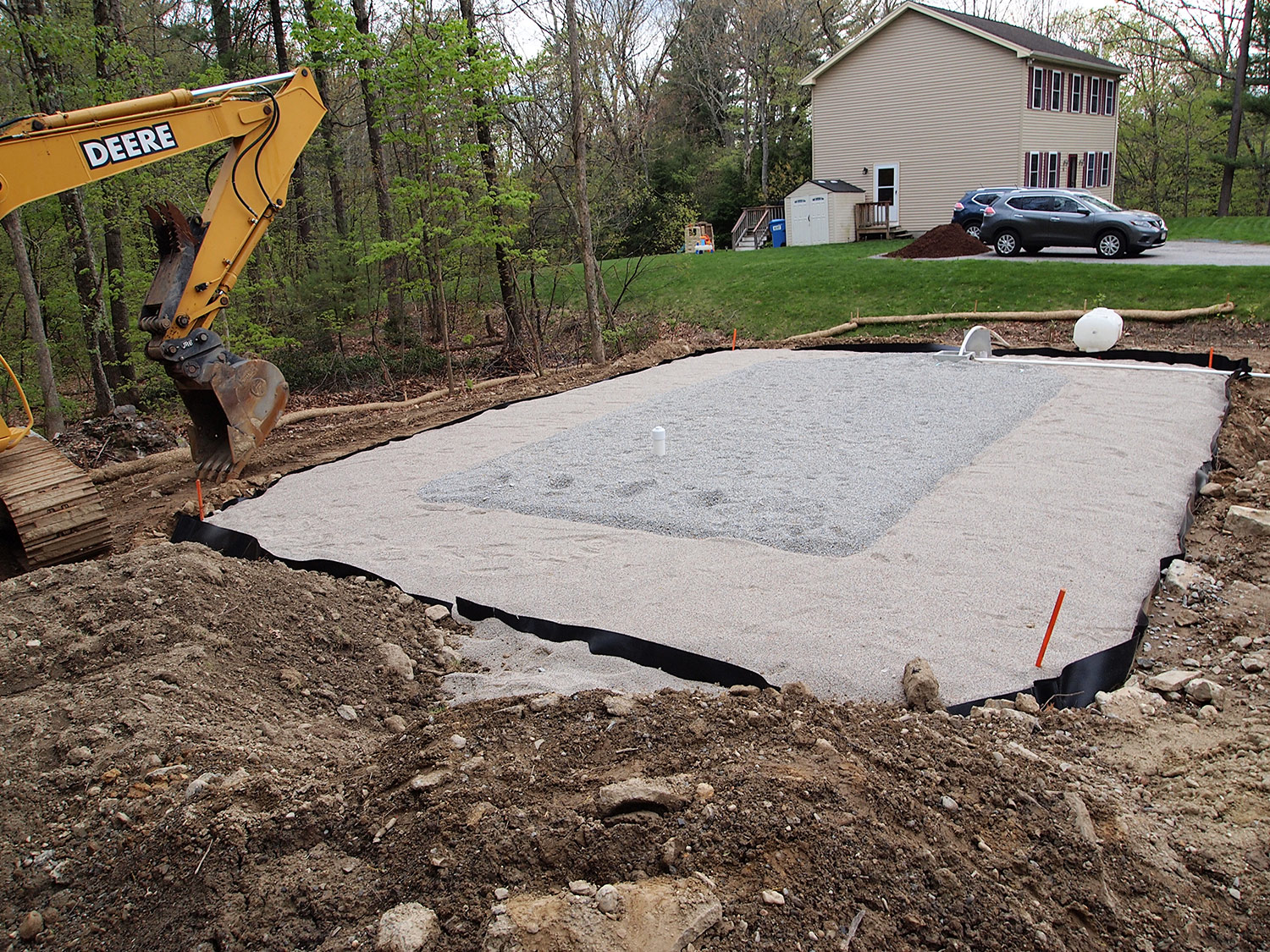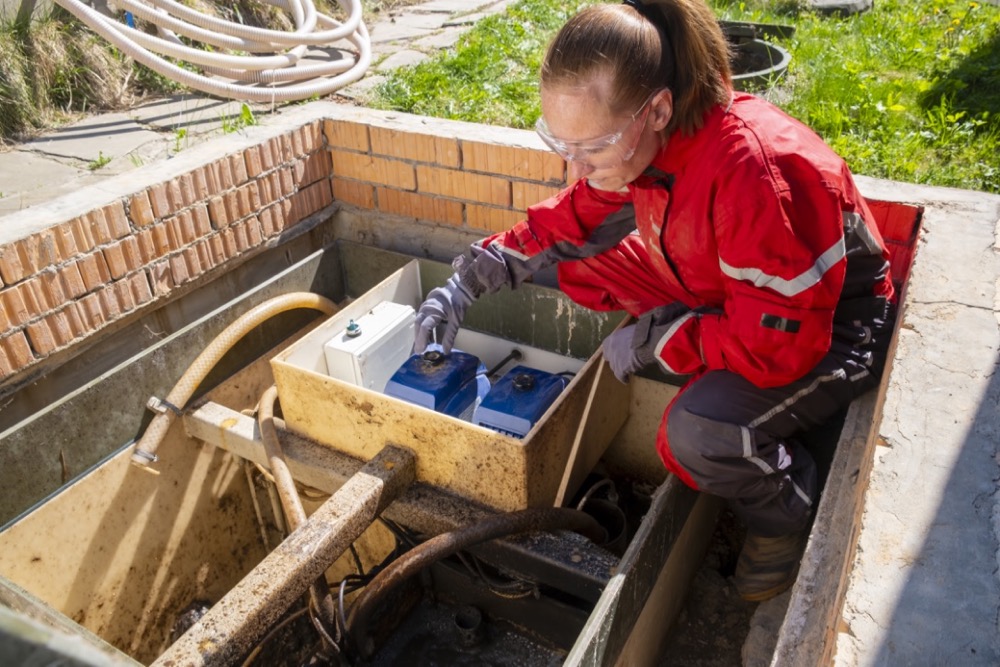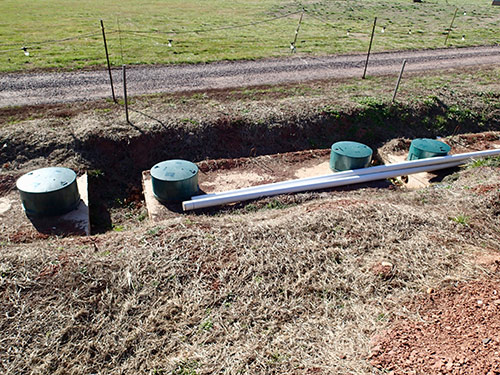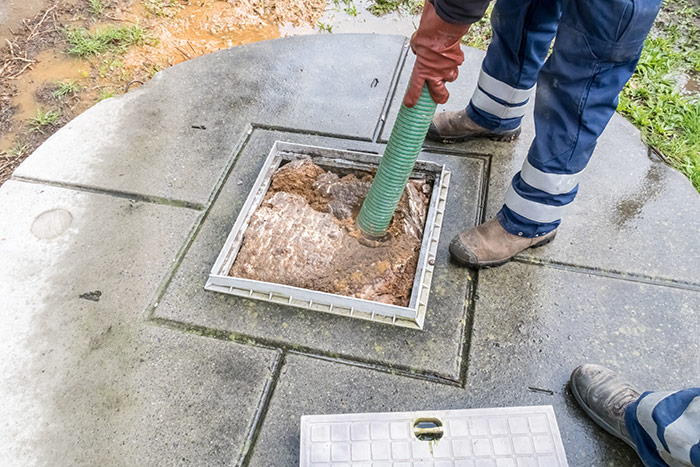
A septic system keeps the waste from your household safely contained so it can be disposed of by a technician. Before that can happen, the septic system installation is performed by a team of highly trained engineers and trenching contractors. It’s essential to hire professionals to ensure the work is handled properly and follows the local regulations and building codes. Below are some frequently asked questions homeowners have about the installation process.
What Is a Septic System?
The septic system is an underground wastewater treatment system that consists of the septic tank, drain field, and piping. It is connected to your home and moves the wastewater or effluent from it to the septic tank where the waste is treated and separated into three layers. From there, it is further filtered until it reaches the drain field. The tank will need to be pumped every one to two years to remove sludge and prevent backups. How Is the Installation Performed?
The installation process can vary depending on the size of the system, but typically it takes up to seven days to complete. The excavation team will dig a large hole in your yard. Contractors will install the necessary components, such as the tank, piping, and drain field, before re-filling the area with soil. After the installation process, the technicians will perform a rigorous inspection to ensure the system is working properly. How Long Will the System Last?
A septic system is designed to provide many decades of reliable and efficient wastewater treatment. If properly installed, a concrete model can last for 40 years. To keep it working, it will require regular maintenance and pumping. Plumbing issues can result due to blocked pipes and other problems. A clogged drain field is typically the most serious problem that can occur, and will need to be replaced as needed. How Can I Keep the Septic System Healthy?
Avoid putting anything down the drain or toilet that will destroy the natural flora and healthy bacteria that the system needs to filter waste. Bleach and harsh chemical cleaners should be avoided. Regular pumping and maintenance from a certified septic technician will ensure your system provides many years of performance.
If you’re in need of septic installation, contact Morse Engineering and Construction.
Source: connect2local.com



